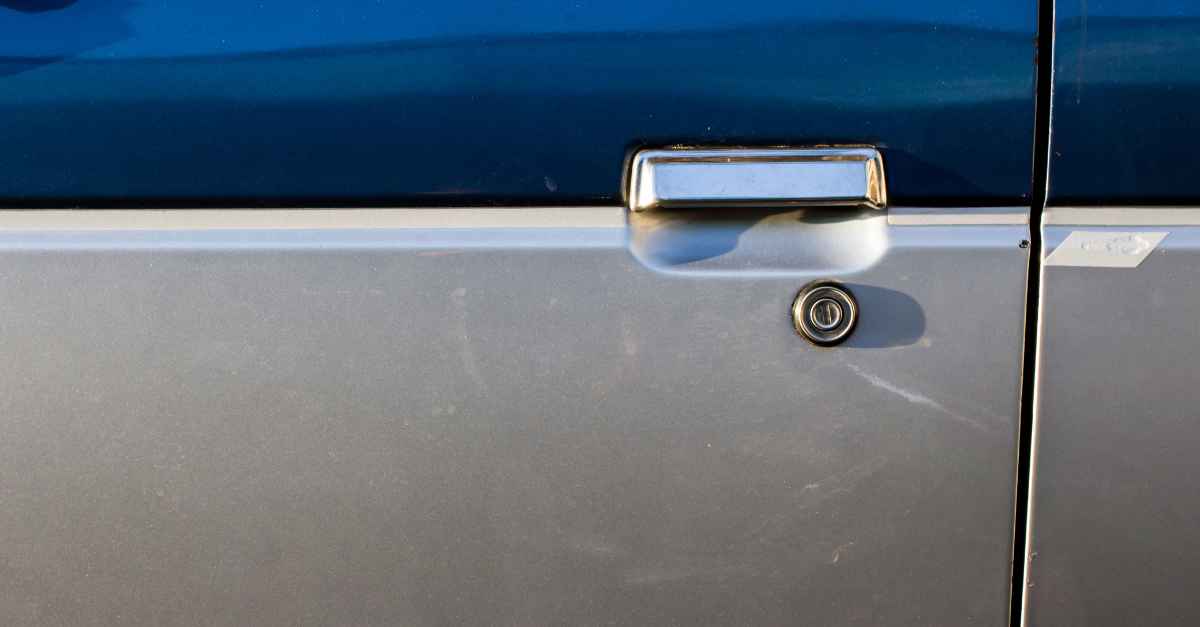A growing number of older vehicles within fleets means manufacturers are increasingly refusing longer-term, out-of-warranty claims, according to the Association of Fleet Professionals (AFP).
The organisation says that with vans especially now being operated into six, seven and eight years, a range of claims issues are emerging that are creating intensive debate between manufacturers and fleets.
Paul Hollick, APF Chair, said, “In the wake of the pandemic and subsequent vehicle shortages, many fleets were forced into extending their replacement cycles substantially and quite a few are continuing to operate aged vehicles even though supply is much improved.
“What fleets have learnt is that it is possible to keep vans on the road in safe and efficient condition for much longer than previously thought. However, this is also generating a new series of questions around maintenance and longer-term claims.
“Especially, manufacturers have historically tended to honour out-of-warranty claims on a goodwill basis if parts failed within recommended replacement schedules. Now, we are starting to see instances of these being refused for what look like debatable reasons, even if the vehicles in question have ostensibly complete service records.”
He continued, “The argument for running older vehicles is essentially that while keeping them on the road is expensive, it outweighs the cost of a replacement vehicle. If manufacturers begin to refuse claims of this kind, the maths behind that thinking may start to shift.
“A further point to consider is that the rate of change stipulated by the ZEV Mandate means fleets are often making choices not between replacing an older diesel van with a newer one, but with an electric vehicle (EV). There are complex decisions to be made about balancing the cost of keeping the older vehicle on the road with an EV that is probably less operationally efficient.”
















